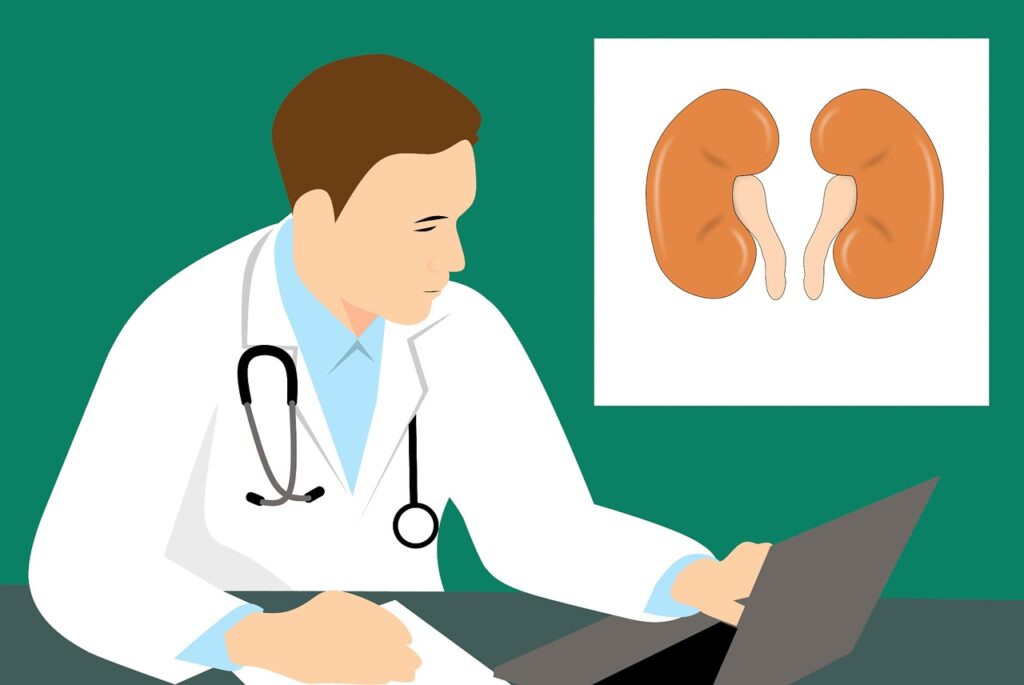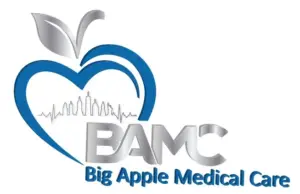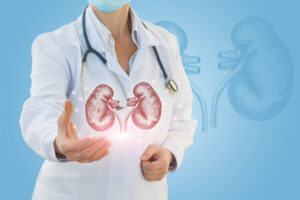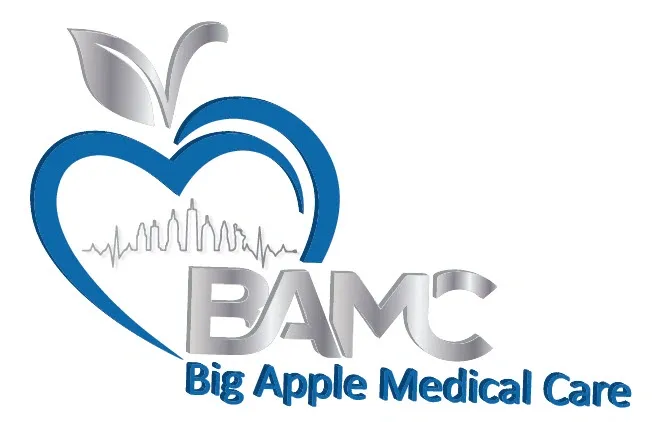What Are the Signs of Kidney Disease in 2025?

The kidneys play a crucial role in maintaining overall health by filtering waste, balancing fluids, and regulating blood pressure. Kidney disease occurs when these vital organs are unable to perform their functions efficiently. Identifying the signs of kidney disease early is critical to prevent severe complications. In this article, we delve into the signs of kidney disease in 2025, emphasizing the importance of timely diagnosis and treatment.
Understanding Kidney Disease
Kidney disease often progresses silently, making it challenging to detect without medical screening. The condition may evolve into chronic kidney disease (CKD), which affects millions globally. In 2025, advancements in medical technology and diagnostics are aiding in earlier detection, but awareness of symptoms remains key.
Early Signs and Symptoms of Kidney Disease
Fatigue and Weakness
When kidneys fail to remove toxins from the blood, it can lead to a buildup of waste, causing fatigue and a general sense of weakness. Reduced production of erythropoietin, a hormone responsible for red blood cell production, may also result in anemia.
Changes in Urination Patterns
Alterations in urination are among the earliest signs of kidney issues. These include:
- Increased or decreased frequency of urination.
- Foamy or bubbly urine, indicating protein leakage.
- Blood in the urine (hematuria).
- Dark-colored urine due to high waste concentration.
Swelling (Edema)
Kidneys regulate fluid balance. When they fail to do so, excess fluid accumulates in the body, leading to swelling in the:
- Feet
- Ankles
- Hands
- Face
Persistent Itching
Accumulation of toxins and imbalanced minerals, particularly phosphorus, can cause chronic itching.
Nausea and Vomiting
Toxin buildup in the bloodstream (uremia) often triggers nausea, vomiting, and a loss of appetite.
High Blood Pressure
Damaged kidneys struggle to manage sodium levels and fluid retention, often resulting in hypertension. High blood pressure is both a symptom and a cause of kidney disease.
Shortness of Breath
Fluid buildup in the lungs due to kidney malfunction can lead to difficulty breathing, especially during physical activity or lying down.
Progressive Symptoms of Kidney Disease
As kidney disease advances, the symptoms become more severe:
- Severe Muscle Cramps: Imbalances in electrolytes like calcium and potassium can cause painful cramps.
- Difficulty Concentrating: The brain may receive insufficient oxygen due to anemia, leading to confusion or memory issues.
- Metallic Taste in Mouth: Uremia can leave a persistent metallic taste and bad breath.
- Bone Pain: Weak bones or fractures can occur from calcium and phosphorus imbalances.
Risk Factors for Kidney Disease
Several conditions increase the risk of developing kidney disease, including:
- Diabetes: Leading cause of kidney failure globally.
- Hypertension: Chronic high blood pressure damages kidney vessels.
- Family History: A genetic predisposition to kidney issues.
- Heart Disease: Cardiovascular health is closely tied to kidney function.
When to Seek Medical Attention
We recommend seeing a healthcare provider if you experience any of the above symptoms, especially changes in urination, swelling, or fatigue. Early intervention can prevent kidney damage from worsening.
Big Apple Medical Care is here to help. Call us at 718-333-5120 or visit our clinic at 7322 5th Ave, Brooklyn, NY 11209 for expert kidney health evaluations.
How to Prevent Kidney Disease in 2025
Maintain a Healthy Diet
A diet low in sodium, sugar, and unhealthy fats can support kidney health. Increase your intake of:
- Fruits and vegetables
- Whole grains
- Lean proteins
Stay Hydrated
Adequate water intake aids in toxin removal and reduces the risk of kidney stones.
Manage Chronic Conditions
Control diabetes and hypertension with medication, lifestyle changes, and regular check-ups.
Avoid Overuse of Painkillers
Excessive use of nonsteroidal anti-inflammatory drugs (NSAIDs) can damage the kidneys.
Regular Check-Ups
Routine blood tests and urine analysis can detect early kidney disease.
FAQs About Kidney Disease
What are the first signs of kidney disease?
The initial signs include fatigue, changes in urination patterns, and swelling in the feet, ankles, or hands.
Can kidney disease be cured?
While chronic kidney disease cannot be cured, early intervention can slow its progression and manage symptoms effectively.
Who is at the highest risk for kidney disease?
Individuals with diabetes, hypertension, or a family history of kidney issues are at the highest risk.
Is kidney disease preventable?
Yes, adopting a healthy lifestyle, staying hydrated, and managing chronic conditions can significantly reduce the risk.
How is kidney disease diagnosed?
Kidney disease is diagnosed through blood tests (checking creatinine and GFR levels) and urine tests (checking for protein or blood).
Conclusion
Awareness of the signs of kidney disease in 2025 is the first step towards timely diagnosis and effective treatment. At Big Apple Medical Care, we are committed to helping you maintain optimal kidney health. Our experienced team provides comprehensive care tailored to your needs.
For consultations, call us at 718-333-5120 or visit us at 7322 5th Ave, Brooklyn, NY 11209.





